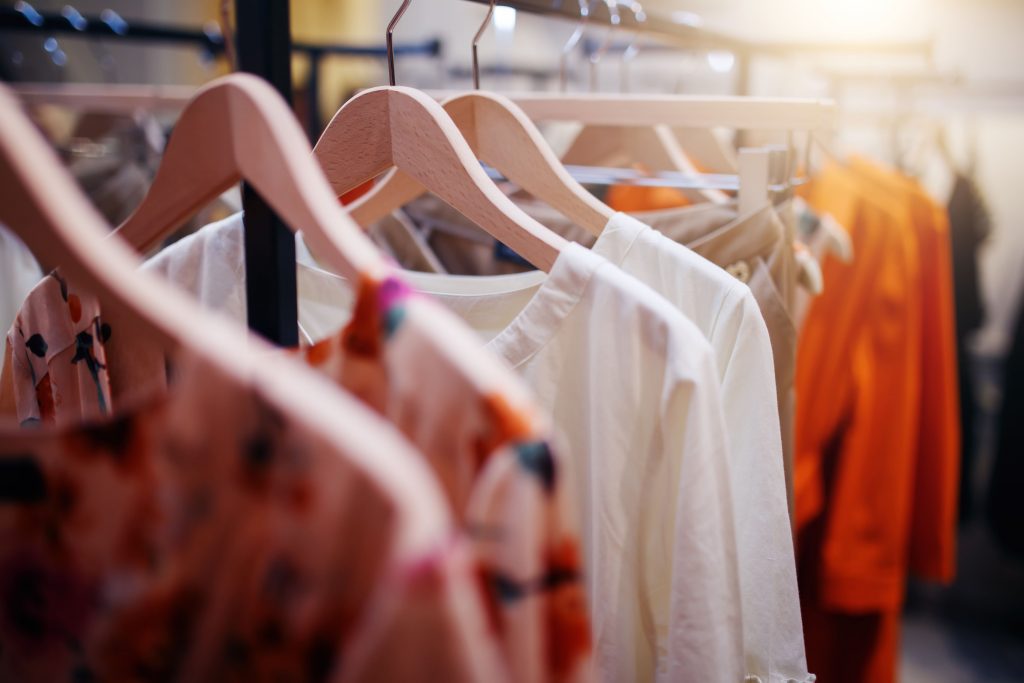A clothing franchise investment in the U.S. could be a timely venture in 2019, as Americans spent the highest amount on apparel between July and September based on the Commerce Department’s data.
As of the third quarter, consumer spending rose by 11.7% year over year, and it marked the highest growth since 2005. Clothes and footwear represent around 3% of total consumer spending, so it is unsurprising why many businesses emerge to take advantage of demand. With the holidays coming up, retailers should expect more people to buy clothes.
The Cost of Average Household Spending
Different factors determine the record-high increase in spending on clothes, including improved consumer confidence that encourages households to spend more. Higher salaries in general and a healthy employment market also drive more people to shell out money on apparel. In fact, spending increases more than usual during the holiday season.
According to Deloitte, the average household budget on retail spending for this year will reach almost $1,540, up by 25% year over year. While spending on clothes and footwear typically increases during the holidays, there are other times when people shop for apparel. In September, for instance, parents will need to buy clothes for the opening of a new school year. Social media also influences people to buy clothes whether online or in-store.
If you are planning to buy a franchised clothing business, you should consider how the brand enforces its online retail strategy. The e-commerce market has taken a significant share of clothing purchases.
A Franchise or Your Own Business: Which Is Better?

A clothing franchise has advantages and disadvantages compared to a business of your own. The advantages of a franchise include having an established customer base due to the familiarity of the brand. You also receive marketing support from the franchisor, as well as assistance in finding a suitable location for the physical store depending on your contract. This business model will not be ideal if you have trouble following the franchisor’s strategy or if you find it difficult to comply with the rules and guidelines that don’t fit with your business goals.
On the other hand, opening your own clothing business provides you with complete control over how you want to run it. Your creativity isn’t stifled, unlike having a franchise business. However, take note that you will need to start from scratch, from finding capital to the location of your first store. Most start-up companies also close after a year due to many reasons, from revenue loss to poor business management. If you want to mitigate business risk and liability, then a franchise is a better option.
Clothing is a basic necessity, so the demand will remain stable if not increase during times of economic development. For the average person, buying clothes might sometimes seem more like a luxury than a need. Those who want to capitalize on this behavior should carefully weigh the pros and cons of starting their own clothing business versus buying a franchise.
